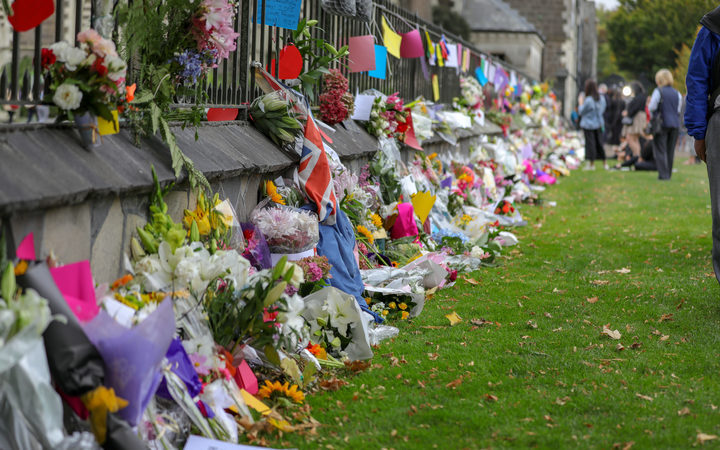Kommissionen har set på angrebene siden april sidste år og undersøgt, om statslige organer som politiet og sikkerhedsefterretningstjenesten kunne have forhindret skyderiet.
Kommissionens rapport offentliggøres den 8. december. Det forventes at specificere eventuelle mangler fra regeringsorganisationer, der førte til moskeangrebene, herunder hvordan terroristen var i stand til at få en licens til halvautomatiske skydevåben.
Kommentar: Delvist oversat af Sott.net fra Best of the Web: Cover-up: Royal Commission to suppress evidence in Christchurch terror attack report for 30 years
Commissioners say a lengthy suppression of the full evidence is necessary to avoid inspiring future attacks. The transcript of the interview with the attacker Brenton Tarrant will not be released.
Commissioners Sir William Young and Jacqui Caine said "full publication of the evidence could provide a "how-to manual for future terrorists" and expected that after 30 years those fears would likely have "dissipated".
Confidentiality was also a reason for the suppression of evidence, with commissioners saying the people they spoke to were advised the process was "private".
"We told them that our process was private and that we would not publish in our report what they told us without first going back to them."
"We did this with a view to encouraging candour, which we received."
The Islamic Women's Council is concerned the suppression could lead to a lack of proper accountability.
"Also, for past ministers of the Crown who are included in that, there is no accountability for them unless the report itself contains sufficient evidence and submissions that recounts any failings, negligence, incompetence on their part," national coordinator Anjum Rahman told the NZ Herald.
ACT Justice and Firearms Law Reform spokesperson Nicole McKee said in a statement today that the move to suppress the evidence is "disturbing".
"Firstly, this was not the impression given in statements from the Commission in recent days, which noted that only some information would be withheld to protect national security," she said.
"While the Commission said a small number of senior Ministers past and present and senior public servants would not be at liberty to discuss their interviews because of confidentiality orders, it is surprising to learn that this stretches to complete suppression of their evidence.
"In fact, much was made of the Commission's statement that the report had been written in a way that it could 'be made available to the public, in full, without the need for redaction.'"
McKee said ACT believes all evidence other than "that which might prejudice national security, or which could risk the safety of individuals involved in processes that arguably led to the foreign terrorist being able to undertake his attacks, should be made public".
"That is the standard of disclosure expected under the Official Information Act and the public should receive nothing less in this case."
"Just because the Inquiries Act allows the Government to do this doesn't mean it should," McKee said.
"The enormity of the events of 15 March 2019 and the need for the public to have trust in our institutions so that a similar violent act will never be repeated, is a valid case for the very highest levels of transparency."
"ACT is concerned questions will now linger over whether lessons will be properly learned because pertinent information is being withheld."




Kommentar: As we wrote at the time, the Christchurch massacre was in all likelihood a multi-site mass terror attack carried out by deep state operatives, the fall guy for which (Tarrant) was a globe-trotting, sheep-dipped phony 'conservative radical'. The New Zealand government knows this, so they're deep-sixing evidence exposing that fact.